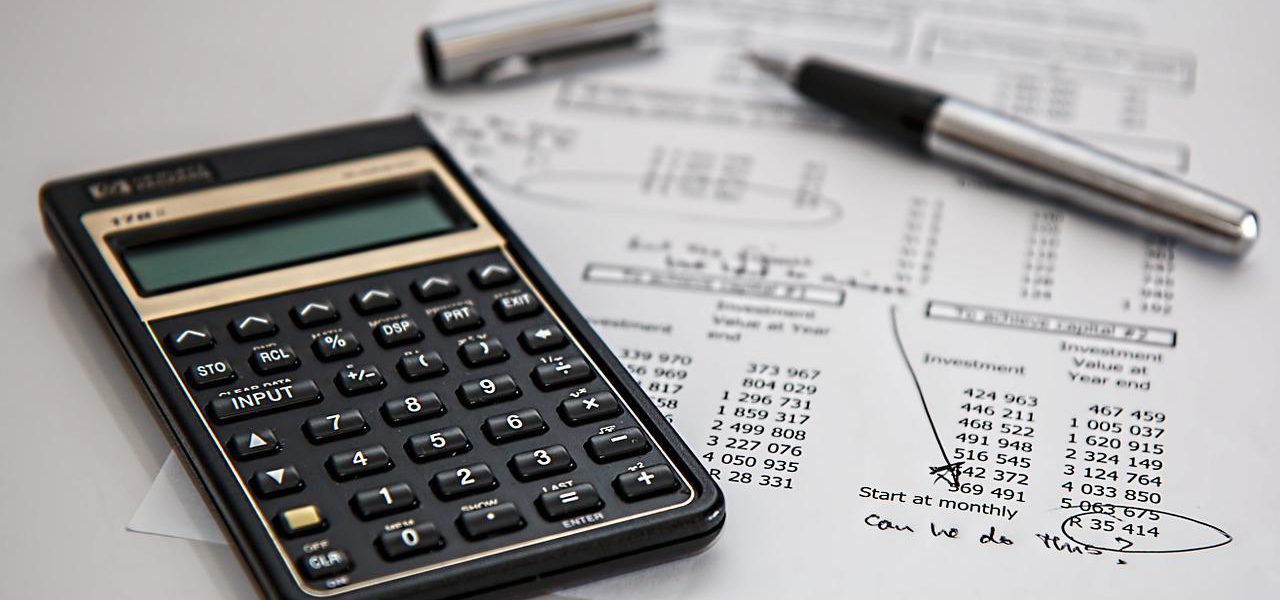It is essential that, once a tax payment plan has been agreed to by you and either the ATO or the OSR, that commitment is met. When you are negotiating the schedule of payments, the ATO may ask that you demonstrate your business is viable and is meeting its obligations before it puts the scheme into effect. If you are not able to make the payments, the ATO will evaluate whether your business is viable and whether you should stay open.
If your information does not completely comply with the ATOs policies, the ATOs debt repayment plans will be rejected, or payment terms are not appropriate. If your issue is complex, or if you are concerned about something having to do with your tax debt or a potential payment plan, you can contact the ATO on 13 11 42 during working hours, or you can phone them directly if your email has the name of an ATO official. If paying off your tax debt will cause you significant hardship, such as not being able to afford the cost of food and housing for yourself or your family, contact the ATO to discuss your circumstances. If a taxpayer is unable to pay their tax debt on time, they should certainly call the ATO to discuss what repayment arrangements are available.
The ATO has created payment plans to assist struggling individuals and businesses, so if you are struggling to repay your tax debt, ask about them. Any individual or business facing a tax debt can apply to the ATO to get a payment plan, as long as the debt is not disputed. If you are a sole proprietor, or if you have an income tax or activity statement debt of less than $100,000, you can apply for a Payment Plan from the ATO online.
In times such as these, an ATO debt payment plan, where your debt is paid off by a series of payments, can be an option. Most importantly, if you fail to make payments on your plan, your situation will be passed onto enforcement, where ATO will prosecute you for your unpaid debt with no further negotiations. If you fail to agree to the payment plan, and you continue to not pay the tax you owed, the ATO can garnish the amount owed back from future refunds or credits, or bring in an outside collection agent.
If you are struggling to make a payment on your instalment, you can contact the ATO on 13 11 42 during working hours to discuss your situation and the ability to tailor the plan to fit your current circumstances. Payment arrangements with the ATO will enable you to pay back tax debts by instalments over up to two years, meaning that you can arrange payments in a way that is easier for your current finances. While you have a payment arrangement with the ATO, you need to lodge any future returns on time and pay any associated tax liabilities in full, or the arrangement will automatically terminate.

How the ATO applies payments may matter, particularly where the business is paying tax liability either partly, or through a payment arrangement, as they are unable to repay their liability in full. The application of payments becomes important when a company cannot pay its full tax debt and is paying part of the debtor paying some of the amounts through a payment arrangement.
In addition, it is necessary to file returns and make timely payments on any new tax liabilities that come due, as long as the payment arrangements are in place for old debts. When you are determining your periodic payment amounts, keep in mind that you should pay off any amounts you owe within the shortest period while still allowing all future tax obligations to be paid off before their due dates.
When attempting to establish a payment arrangement, the ATO may ask for specific information from you, such as how the debt came about and why you are not able to repay it. While the ATO will understand if it is required for you to make the payment arrangements for the first time, they will understand far less if you fail to meet your agreed repayment dates. How payments are applied by the ATO can have a major impact on the business’s future, and it is no harm to ask to have them applied in another way.
ATO payment arrangements can help manage a tax debt which can be stressful, particularly when these outstanding amounts accrue gradually each month and each quarter. The ATO is generous enough to offer affordable solutions for paying off tax debts; so, avoid falling behind with payments. Getting an appropriate repayment plan can mitigate risk to you from the ATO; as well as potentially avoid large lump sum payments or insolvency.
In these cases, when you have high debt, be prepared to speak up about your finances and circumstances so that the ATO has an easier time finding a payment plan that is manageable and reasonable. The ATO suggests contacting the ATO if you are feeling overwhelmed or are struggling with mental health issues that are affecting your ability to budget and/or repay your debt. Dealing with a substantial amount of tax debt can be overwhelming, particularly if you lack the cash flow to repay when you are owed.
If your tax assessment notification includes mandatory repayments under either the Higher Education Loan Programme (HELP) or the Student Financial Supplement Scheme (SFSS) which will result in severe hardship, you may apply for a deferral. If the tax debt is ignored, the ATO may take more severe measures, including referring the matter to an outside collection agency, issuing a garnishment notice, penalty notice or directors charge, or commencing an insolvency proceeding.

















